Air conditioners are the most efficient way to beat the harsh temperatures during Indian summers. With the advent of new technologies, latest AC models have become more energy efficient and smart as well.
Purchasing an air conditioner can be a very tough task with so many models, capacities, and different features to analyze. If you want to choose the best model suitable for your requirements, we recommend you to read the ultimate guide mentioned in this article. It has all the information necessary to make an informed decision.
5 Key Points to Know For Choosing The AC
Factor 1. Which AC type is best for you?
Air conditioners are available in three different types: window, split and portable. Each type of AC has their own benefits and drawbacks. You have to choose based on your requirements and preferences.
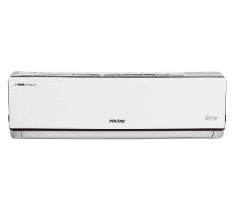
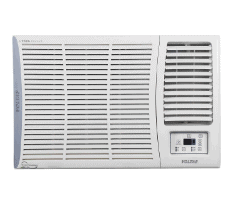
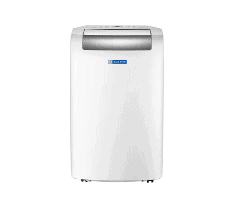
Factor 2. Which AC Capacity should you choose?
Choosing an air conditioner with the right capacity can be tricky. An oversized air conditioner may have the capacity to cool the room faster but it will consume a lot of electricity, resulting in higher power bills. A smaller air conditioner takes a lot of time and works harder to cool the room, which in turn results in higher electricity consumption.
To choose the right capacity, you have to consider the room size. In India, the capacity of the ACs is represented in terms of tonnes. Below, we have general guidelines of AC capacity based on square foot area.








Factor 3. Which is best for you - inverter vs Regular AC?
Air conditioners are available in two options – inverter and non-inverter (regular). Inverter AC has become quite popular these days because it consumes 30% to 40% less power than regular ACs.
The main difference between these models is the ‘compressor’. Inverter AC has multiple-speed compressor while regular one has single-speed compressor.
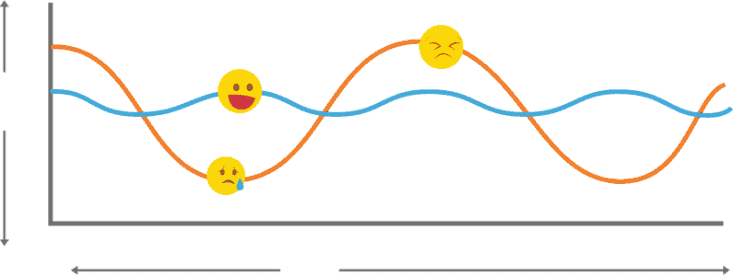
When it comes to the working mechanism, inverter technology works at variable speed which means it adjusts the speed according to the temperature according to cooling requirements of the room. but once the required cooling is achieved, the compressor will reduce the motor speed to save energy.
Contrary to the above, a regular air conditioner runs at high speed when the room temperature is hot. Once the room cools down, it will stop working. This on and off system repeats, consuming more energy. This in fact leads to higher electricity bills.
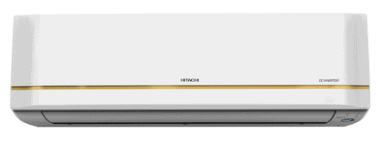
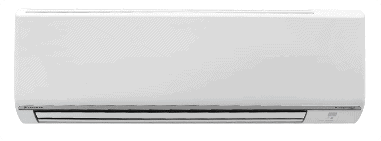
Non-inverter air conditioners have outdated technology. Though the initial investment is lower, the electricity bills can be higher. They are suitable for people who don’t utilize the AC everyday or continuously for several hours. So, choose according to your requirements.
Factor 4. Choosing the right Power Consumption
BEE is a certification agency issued by the government to provide energy-efficiency ratings to electrical appliances like ACs. These ratings are usually represented in terms of stars. Higher the number of stars, better will be the efficiency of the appliance. To provide a clear idea, we have provided insights on different ratings and energy-efficiency levels.
BEE Star Rating – For Energy Efficiency
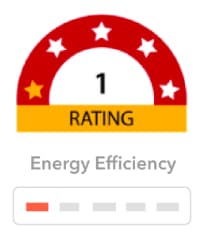
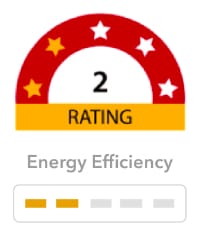
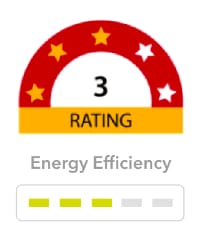
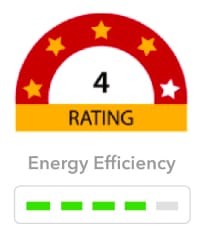
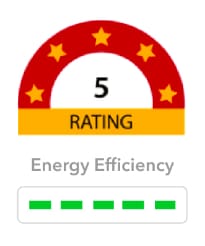
5. Other Features which you should consider
The below-mentioned factors help you analyze the features for durability, efficiency and longevity.
1. Aluminium vs Copper Coil
Coils present in the air conditioner are responsible for cooling the air, improving efficiency and controlling the power consumption. Air conditioners in India usually have either aluminum or copper coils. Copper coils are long-lasting, durable and easy to maintain. However, they are expensive. Aluminum coils are less expensive but need more maintenance and don’t last long.
2. Anti-Dust & Anti Bacterial Filter
This filter will trap the dust and bacteria to prevent them from circulating in the room. This is especially suitable for people who deal with allergies and asthma. Generally, they come in combinations of two to three filters for optimal performance.
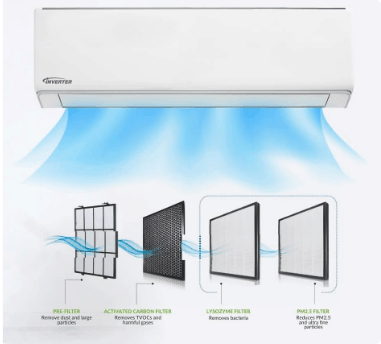
3. Self Clean Feature
ACs with this feature have a brush that moves through the filter for cleaning the accumulated dirt on the wing. It also prevents any accumulation of mold, dust and moisture. Every time you turn off the AC, it will run for an additional few minutes to ensure the coils and indoor unit are completely dry and ready for next usage.
4. Smart App Control
This option replaces the need for remote control. Using it, you can control the AC with your smartphone.
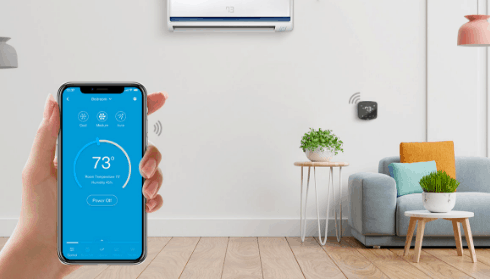
5. Four-Way Swing
Air conditioners with this option come with 4D-swing that includes horizontal and vertical swing. This lets you enjoy uniform cooling across the room through omni-directional air blowing.
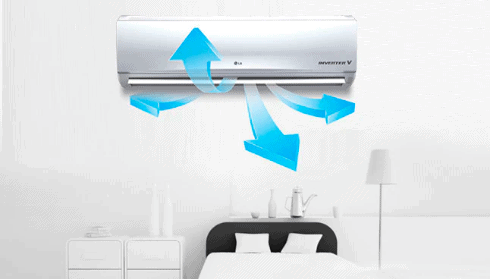
6. Dehumidification
Most of the air conditioners come with this ability of controlling the humidity levels apart from just cooling the air. But some models perform better at this feature while others are not. Some inverter models that come with separate dehumidification features are helpful in localities with higher humidity levels.
7. Best Brands to Look For
Though there are several brands in the market, only some of them are trust-worthy. WE have mentioned such reliable air conditioner brands in India below for your reference.










8. Warranty & After Sales Service
When it comes to any electronic device, it is very important to consider the warranty period before making the purchase. It is better to invest in a model with a longer warranty period as you can avail free repairs or replacement within this period.
Some brands have excellent after-sales while some have the worst. Make sure the brand you chose has a good one. To know more about this, you can check the reviews of the customers.

